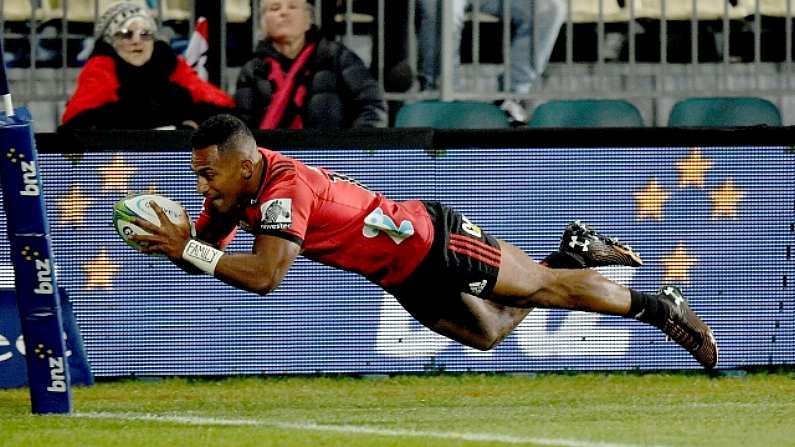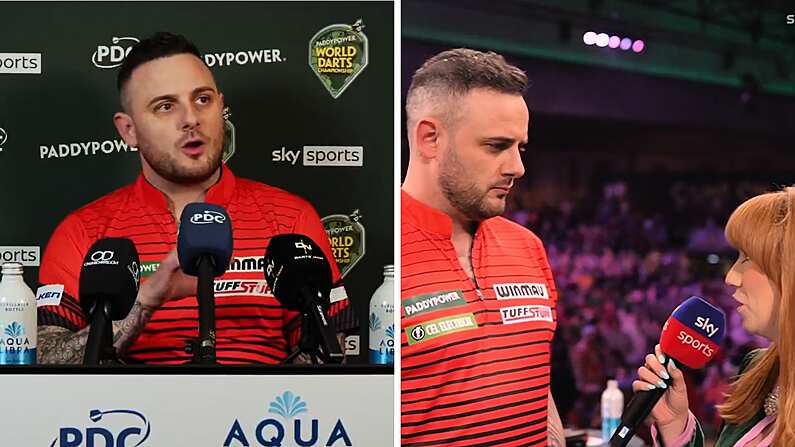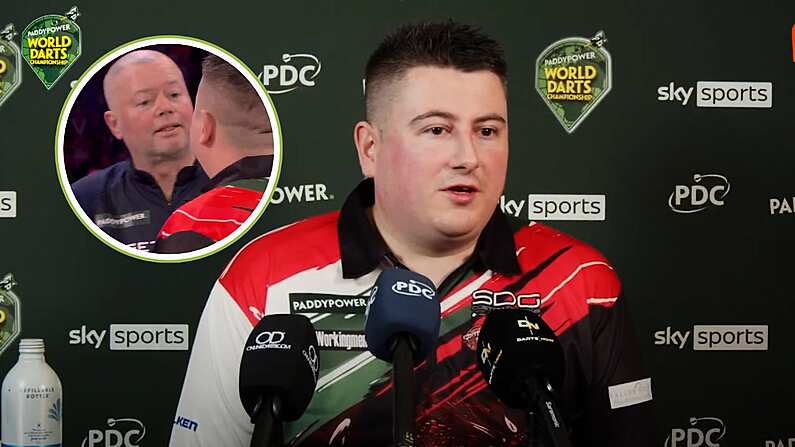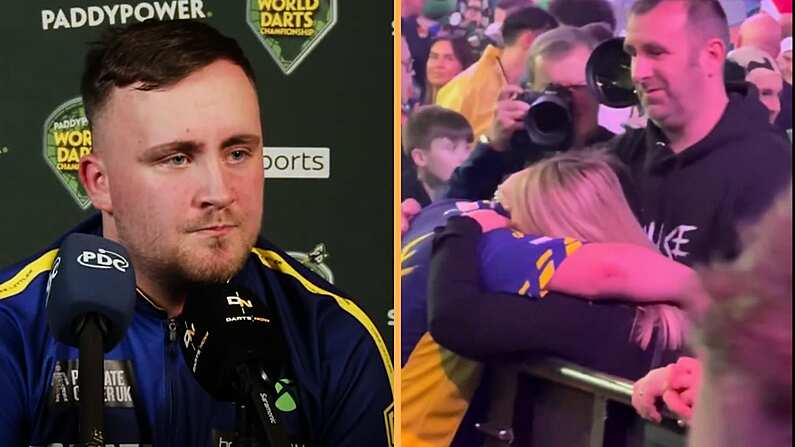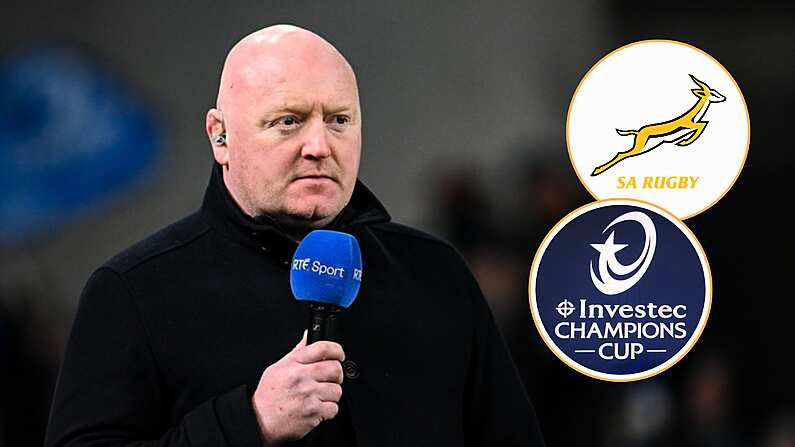New Zealand Rugby was accused of "deplorable" judgment Thursday over the All Black selection of Sevu Reece, a player who less than 12 months ago pleaded guilty to assaulting his girlfriend.
Reece was one of four new faces named Tuesday in the All Blacks' 39-man squad for the Rugby Championship, raising eyebrows because of the personal baggage he still carries from last year's court case.
The 22-year-old pleaded guilty in a Hamilton court last October to assaulting his girlfriend in the street, causing facial injuries and bruising to her body before a bouncer intervened.
He was fined but no conviction was recorded after his lawyer argued it would derail his fledgeling rugby career.
Irish side Connacht cancelled his contract regardless and Reece also found himself unwanted by Waikato Chiefs.
But Canterbury Crusaders handed the Fijian-born speedster a lifeline and he rewarded them with a competition-high 15 tries that helped them reach Saturday's Super Rugby final against Argentina's Jaguares.
Now his form has seen him join the world champion All Blacks.
Professor Janet Fanslow, a domestic violence specialist at Auckland University, said there would be unease in the community at Reece's rapid rehabilitation.
"Given the high regard that All Blacks are held in, and the way members of the team are held up as role models, it would be helpful if the selection panel included being good citizens in the selection criteria," she told AFP.
Radio New Zealand sports columnist Hamish Bidwell said Reece should not have even been considered for an All Blacks spot so soon after the attack and his inclusion was deplorable.
'Better men make better All Blacks'
"We're turning a blind eye to behaviour we wouldn't ordinarily accept, because the person is a talented player," Bidwell wrote.
The New Zealand Herald's Chris Rattue agreed, saying New Zealand Rugby acted with "indecent haste" to give Reece a place in the squad and a possible World Cup berth.
"Reece, in my opinion, needed to serve a longer sentence in rugby terms than what has occurred," the columnist wrote.
"For starters, the All Blacks cannot know, with any certainty, that he is a reformed character."
Former All Blacks coach Graham Henry used to cite the adage "better men make better All Blacks", meaning the fabled team were held to the highest standards, on and off the field.
Justice Minister Andrew Little said All Blacks were still seen as paragons and he hoped any player involved in domestic violence was truly reformed before being called up.
"Of course, All Blacks aren't just good players, they are also role models and it's for the rugby union to decide whether or not the people they select to wear the black jersey meet expectations of role models for New Zealanders," he told AFP.
All Blacks coach Steve Hansen defended Reece's selection, saying the player acknowledged he had made a mistake and worked hard to reform himself.
"We've had conversations with the Crusaders that have been managing him and everyone is giving him a massive tick," he told reporters Thursday.
New Zealand Rugby did not respond to a request for information about what rehabilitation programmes Reece has participated in following his court case.

